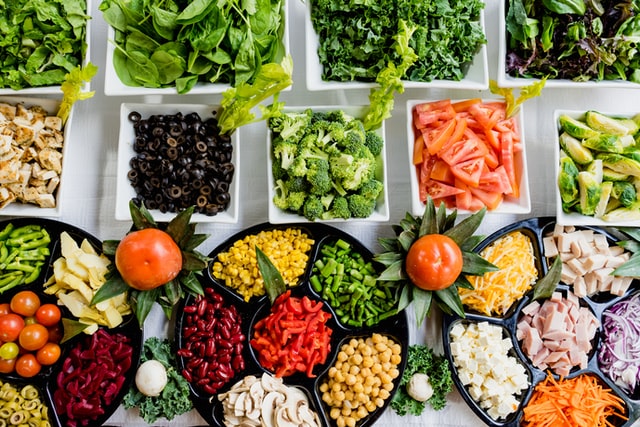“Eat less, exercise more” are the most common words used when talking about losing weight. You’ve heard countless times that all you have to do is restrict calories, exercise, eat more fruits and vegetables. Basically, avoid all the good shit that tastes delicious, right?
Until you continue to search out additional information and become bombarded by marketing ads, influencers, friends or family members giving you advice that you need to cut out fat, follow the keto diet, or have more self-control.
Weight loss can be a hard thing to navigate, highly frustrating, and very confusing,.
Which is why I want to discuss an underlying cause of what could potentially stop you from achieving your desired weight loss goal.
Have you thought about why you love chocolate, pastries, or chips? Why you can’t put certain foods down or have certain foods in the house because of the temptation?
We crave certain foods because they’re highly palatable; especially those high in sugar, salt, or fat. The foods we eat change our brain chemistry by affecting different neurotransmitters, our mood, energy levels, and concentration.
The food surrounding us is addicting because it’s not quality food.
Food addiction is a severe problem, but it’s not often brought into discussion.
Anyone can have a food addiction. Being overweight does not classify you as having a food addiction, though it can be a consequence.
Food addiction involves:
- Loss of control
- Continued use despite knowing the consequences
- Withdrawal symptom
- Relapse
- Can be progressive and terminal
The added sugars, refined, and processed foods, and the added chemicals to our foods make it addicting and challenging for us to stop. You might not think you’re addicted because you’re not overweight, or you work out. Although, if you can’t control yourself around certain types of food, you are addicted.
Is your food addiction keeping you from your goals?
No amount of information or inspiration can break someone’s addiction. The concept of everything in moderation and willpower is unreliable when it comes down to it.
Understanding the cause behind addiction is the first step. The reason behind any addiction is a brain neurotransmitter deficiency, which can become depleted by our diet and stress level.
Dieting is, in fact, what causes us to overeat because it brings our focus back to the concept of “eat less, exercise more.” Our attention becomes focused on dieting concepts such as fasting, low calorie and low-fat meals, diet foods and sodas, artificial sweeteners, gluten-free, et cetera.
We lose the idea of health and investing in a healthy lifestyle change. And instead, focus on a quick fix: restricting calories works but in the long haul wrecks havoc on our metabolism and increases our appetite.
“If dieting not the answer, then what?”

Hunger is driven by the quality of food you eat, and the quality of food you eat drives the production of fat. And by the quality of food, I’m talking about quality protein, carbohydrates, and fat sources. Foods without a barcode on it or “health label for that matter,” foods on the outside perimeters of a grocery store.
In simpler terms, belly fat is the driver of behavior; it causes us to be hungry. There’s a vicious cycle we get ourselves into when we focus on energy balance, “calories in, calories out,” instead of the quality of food we’re eating. Eating the wrong foods such as sugar and refined carbohydrates produces fat cells, leads to cravings, slows down your metabolism, and makes you more hungry.
Besides food, yes, other factors affect the deposit of calories in our fat cells—factors such as genetics, sleep, exercise, and stress. Though, these aren’t the overall factors that come into play. Food plays a vital role in the process of fat storage.
In conclusion, food is addicting, and curing addiction by dieting is not the answer. Eating sugary and high processed foods produces the wrong fat cells leading you to gain weight. The belly fat is hungry and triggers you to over-consume food, resulting in a continual cycle. Health is about the quality of foods we put inside our body, not the number of calories we eat.
“The Biology of Food Addiction .” Performance by Mark Hyman, Integrative Nutrition .
“Physiology of Addiction .” Performance by Julia Ross, Integrative Nutrition .


Recent Comments